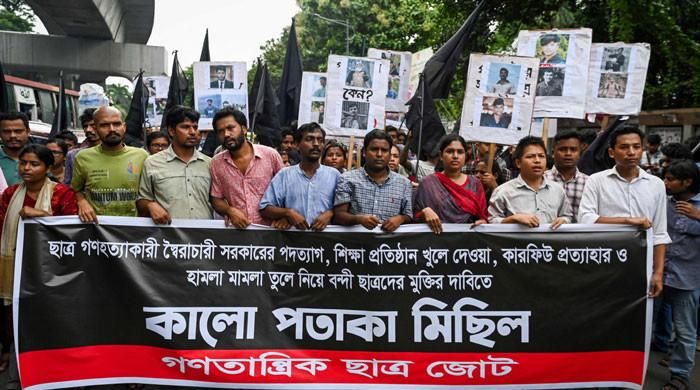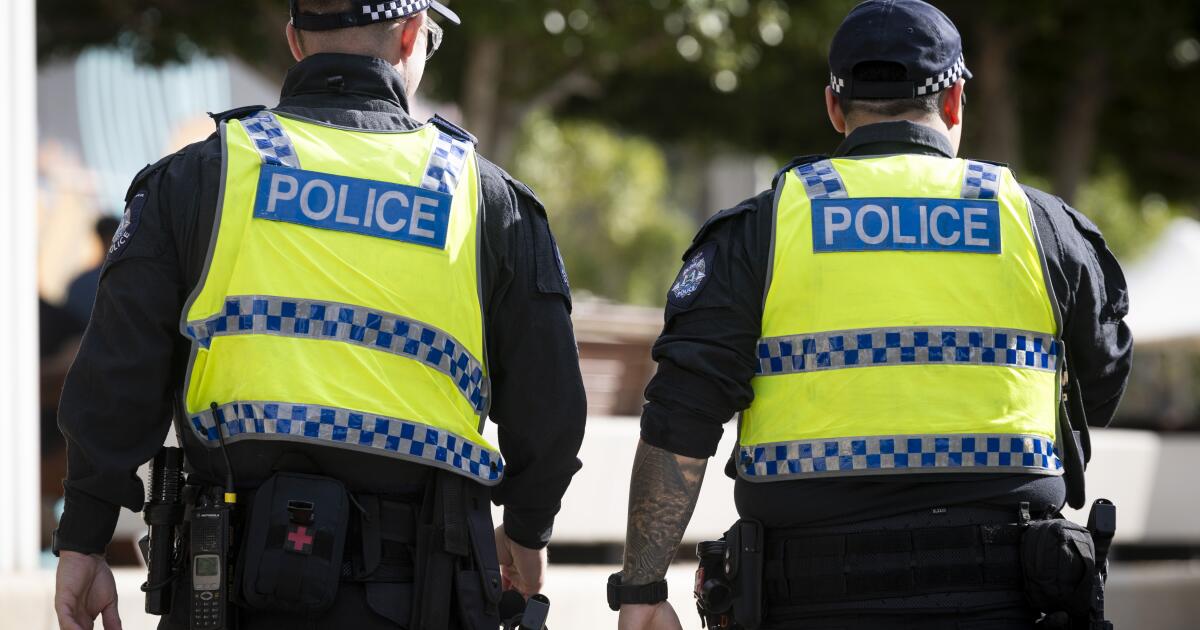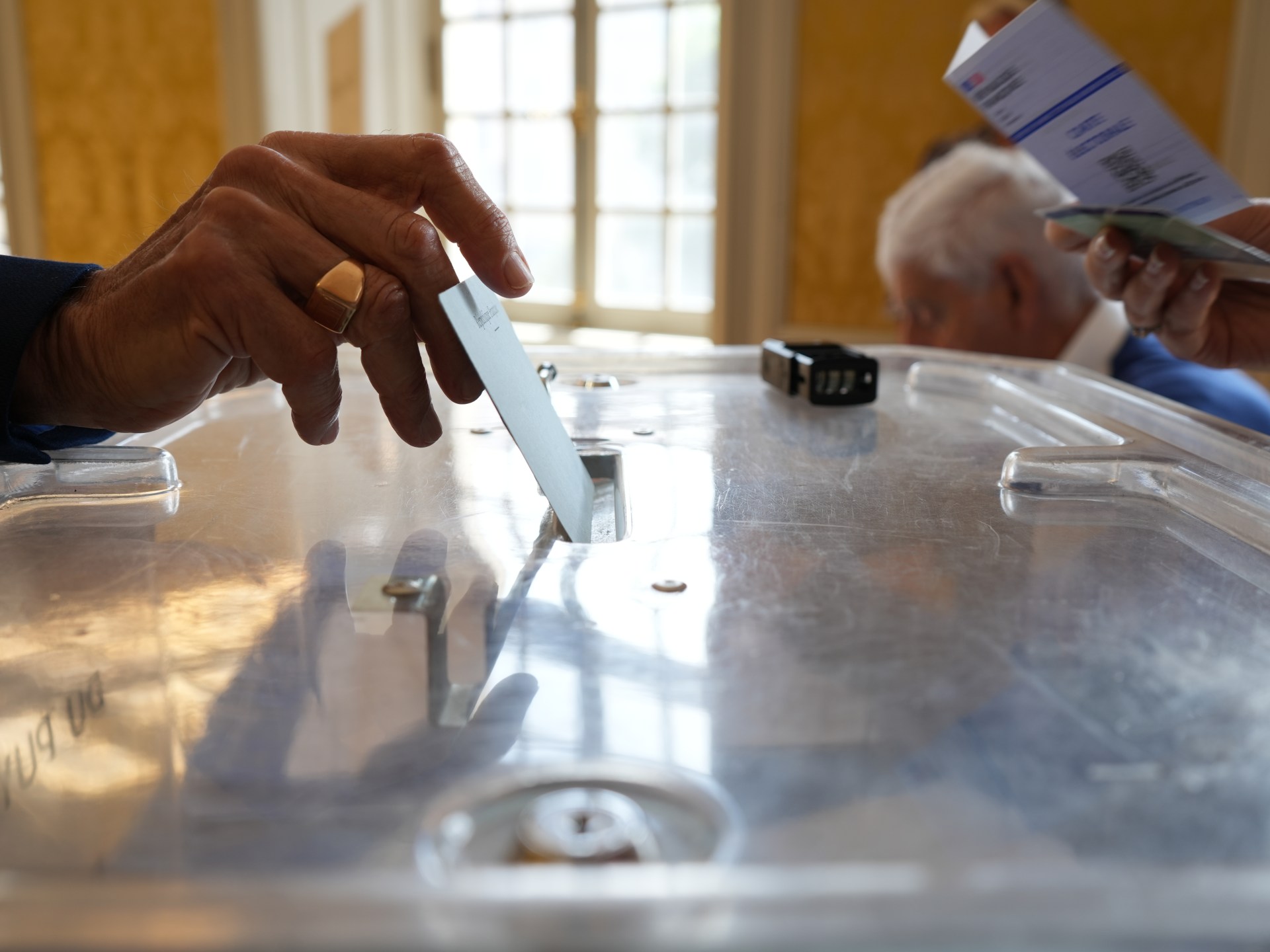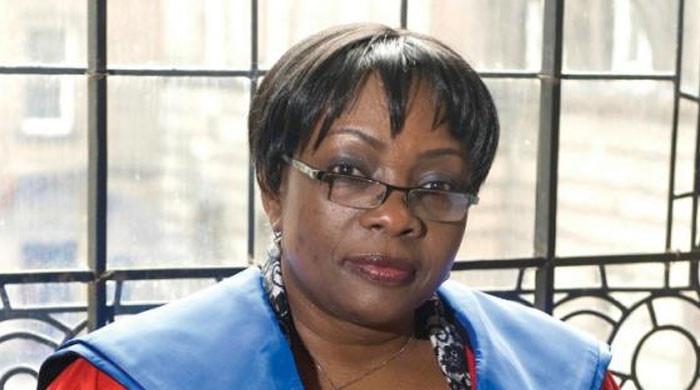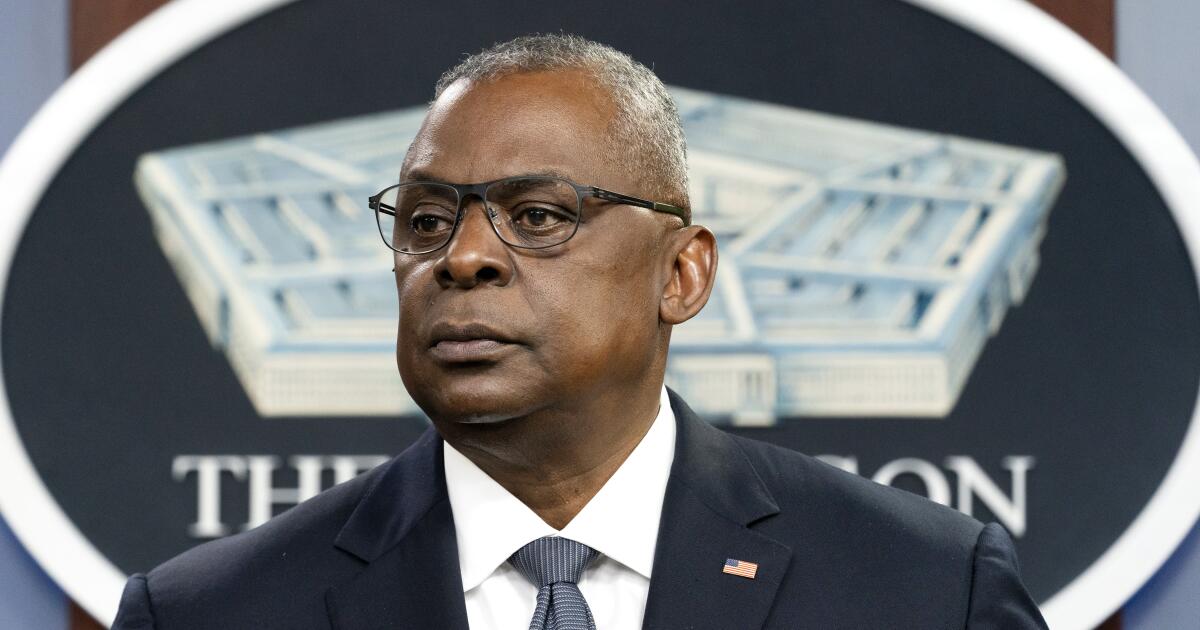DHAKA: Bangladesh appears to be bracing for another wave of protests as a group of students has vowed to resume demonstrations that sparked a deadly nationwide police crackdown unless several of their leaders are released.
Last week's violence killed at least 205 people, including several police officers, according to a AFP recounting of police and hospital data, in one of the biggest changes in Prime Minister Sheikh Hasina's 15-year rule.
Army patrols and a nationwide curfew remain in place more than a week after they were imposed, and a police raid has detained thousands of protesters, including at least half a dozen student leaders.
Members of Students Against Discrimination, whose campaign against public service employment quotas precipitated the unrest, said they would end their week-long moratorium on protests.
“The group's chief, Nahid Islam, and others should be released and charges against them should be dropped,” Abdul Hannan Masud told reporters at an online news conference on Saturday evening.
Masud, who did not reveal his location because he was hiding from authorities, also demanded “visible action” against government ministers and police officers responsible for the deaths of protesters.
“Otherwise, Students Against Discrimination will be forced to launch tough protests” starting Monday, he said.
Islam and two other senior members of the protest group were forcibly discharged from hospital in the capital, Dhaka, on Friday and taken away by a group of plainclothes detectives.
He said AFP He was being treated in hospital last week for injuries inflicted by police during an earlier round of arrests and said he feared for his life.
“I haven't seen him since he was arrested,” Islam's mother, Momotaz Nahar, told reporters outside the National Detective Agency after unsuccessfully pleading with officers to allow her to visit him.
“We are worried about his life,” she said. “I want my son back.”
Home Minister Asaduzzaman Khan said the trio were detained for their own safety but did not confirm whether they had been formally arrested.
'Forced to open fire'
At least 9,000 people have been arrested across the country since the unrest began, according to Prothom Alo, Bangladesh's largest newspaper.
Khan said 147 people had been killed in clashes so far, according to the government's first count, released a day after Students Against Discrimination gave its own preliminary count of 266.
Khan told reporters on Sunday that police had acted with restraint and had only fired on protesters to protect government buildings.
“Despite killing their comrades, they showed extreme patience,” he said. “But when they saw that they could not protect the property, the police were forced to open fire.”
The curfew imposed last weekend remains in place but has been gradually eased during the week, a sign of the Hasina government's confidence that order is gradually being restored.
A small street demonstration in Dhaka on Sunday demanding Hasina's resignation was quickly dispersed by police.
Bangladesh's mobile internet network was restored on Sunday afternoon, 11 days after a nationwide blackout was imposed at the height of the unrest.
Fixed broadband connections were restored on Tuesday, but the vast majority of Bangladeshi internet users rely on mobile devices to connect to the world.
Employment crisis
The protests began this month over the reintroduction of a quota system that reserves more than half of all government jobs for certain groups.
According to government figures, there are around 18 million young Bangladeshis out of work, which has deeply affected graduates, who are facing a severe employment crisis.
Critics say the quota is used to fill public posts with people loyal to the ruling Awami League.
The Supreme Court reduced the number of reserved jobs last week but did not respond to protesters' demands to scrap the quotas altogether.
Hasina has ruled Bangladesh since 2009 and won her fourth consecutive election in January after a vote without genuine opposition.
His government is accused by human rights groups of misusing state institutions to consolidate its grip on power and crack down on dissent, including the extrajudicial killing of opposition activists.
The protests had remained largely peaceful until police and pro-government student groups attacked demonstrators last week.

